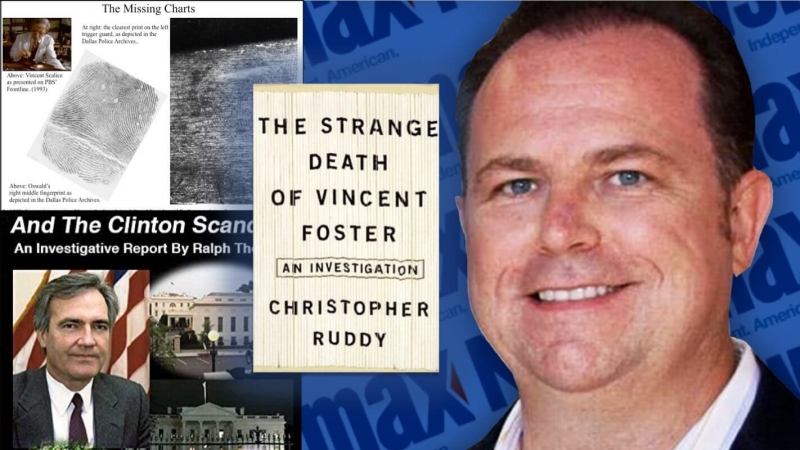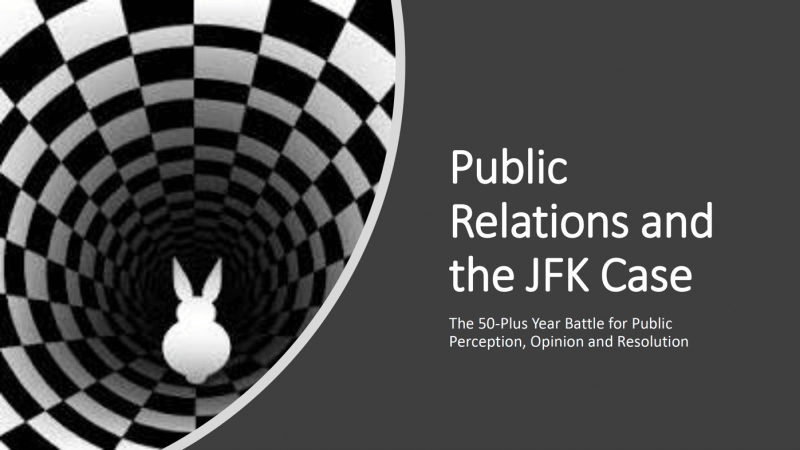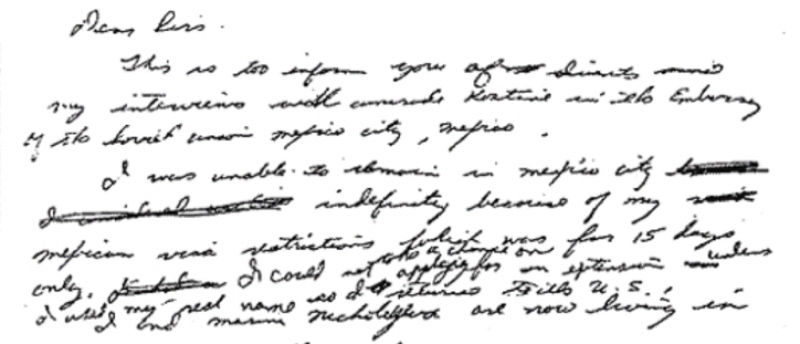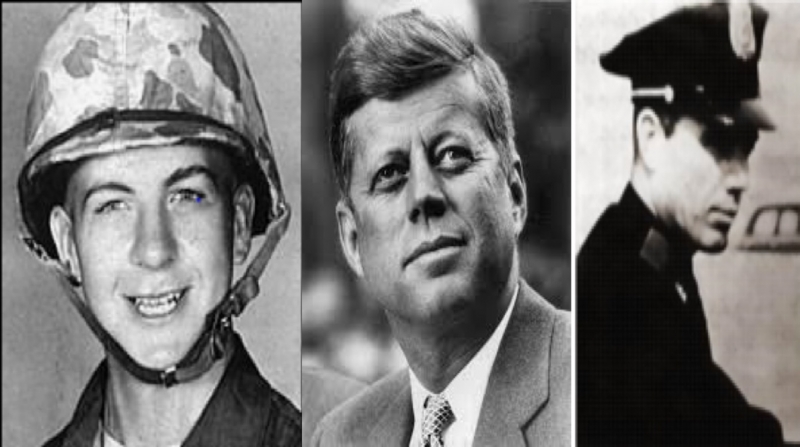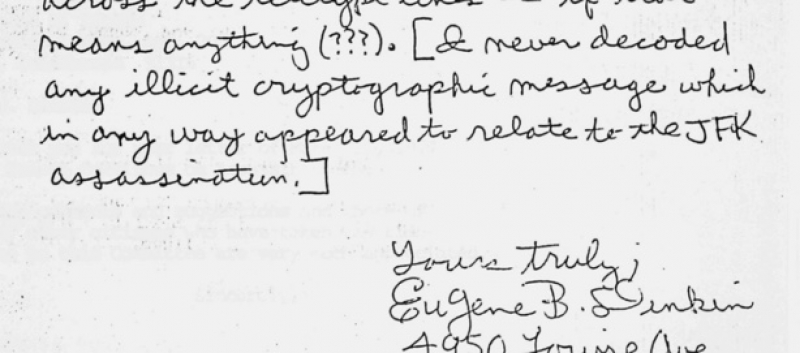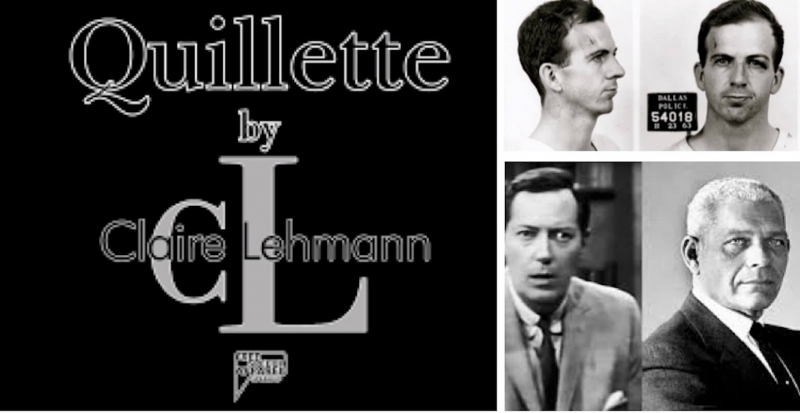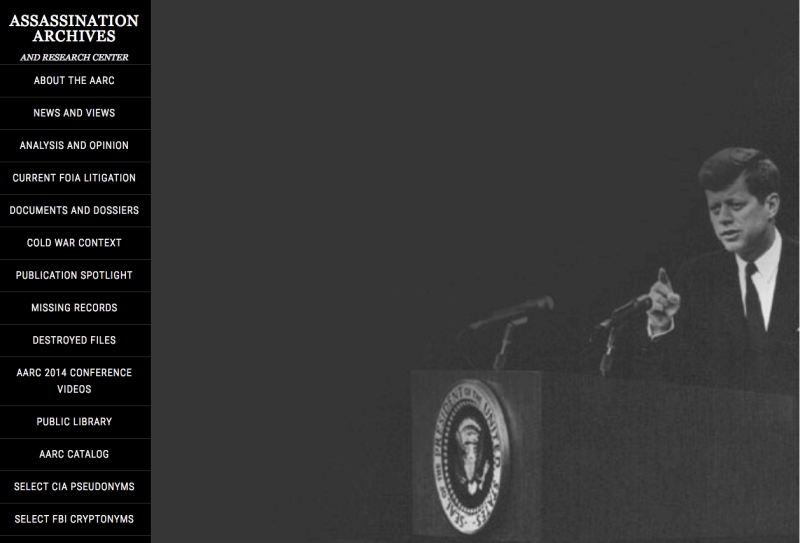Displaying items by tag: HSCA
Gerald "Jerry" Policoff (Feb. 27, 1947—March 7, 2020)
Steve Jones remembers Jerry Policoff as being passionate in pursuit of the truth of the assassination of President Kennedy, as well as trying to make the United States a more just and equitable nation for all. He will be deeply missed.
Vince Foster, JFK and the Rise of Chris Ruddy
The irony of Newsmax posting an article entitled “Conspiracy Theories Merit Only Undivided Suspicion” is “too rich to be ignored,” writes Jim DiEugenio, because its CEO and founder, Chris Ruddy, was responsible for propagating one of the wildest and most rudderless conspiracy theories of recent decades: that Vince Foster was murdered by sinister forces employed by Bill and Hillary Clinton.
Public Relations and the JFK Case
Mike Kilroy surveys the historical timeline of public relations and the JFK case, emphasizing the publicity surrounding Lee Harvey Oswald before and after the assassination and the role of the CIA and Operation Mockingbird in framing the story in both the mainstream media and the governmental investigations from 1963 to the present day.
Oswald's Last Letter: The Scorching Hot Potato
Paul Bleau reveals the scorching hot potato that is Oswald's last letter to the Soviet Embassy and how the Warren Commission and HSCA attempted to sweep it under the rug.
Why Officer Tippit Stopped His Killer
Jack Myers explores a "new perspective" on the JFK assassination, one in which Officer Tippit was likely murdered in an attempt to further the same conspiracy.
The Saga of Eugene B. Dinkin: Part Three
Ronald Redmon continues his investigation into the saga of Eugene Dinkin by exploring some of the “psychological sets” that Dinkin retrieved and offered to the House Select Committee on Assassinations in 1977.
Gaeton Fonzi's original 1980 article, "Who Killed JFK?", now available online
Courtesy of Marie Fonzi and Dave Ratcliffe, at: Ratical.org
The Crimes of Quillette
Carrying forward his response to Fred Litwin on Garrison, Jim DiEugenio turns his unrelenting critical eye on Quillette, an organ of the alt-right which not only published an article based on Litwin's book, but also a follow-up piece with a similar title by one its editors, Jamie Palmer.
The Three Failed Plots to Kill JFK, Part 2
Analyzing the New JFK Revelations: Review of New CIA and FBI Documents That Change Cold War History
Bill Simpich offers a look at some of the gems found in the new JFK document releases and how to speed up the discovery of future finds.
At: WhoWhatWhy
Copyright 2016-2022 by kennedysandking.com • All Rights Reserved



